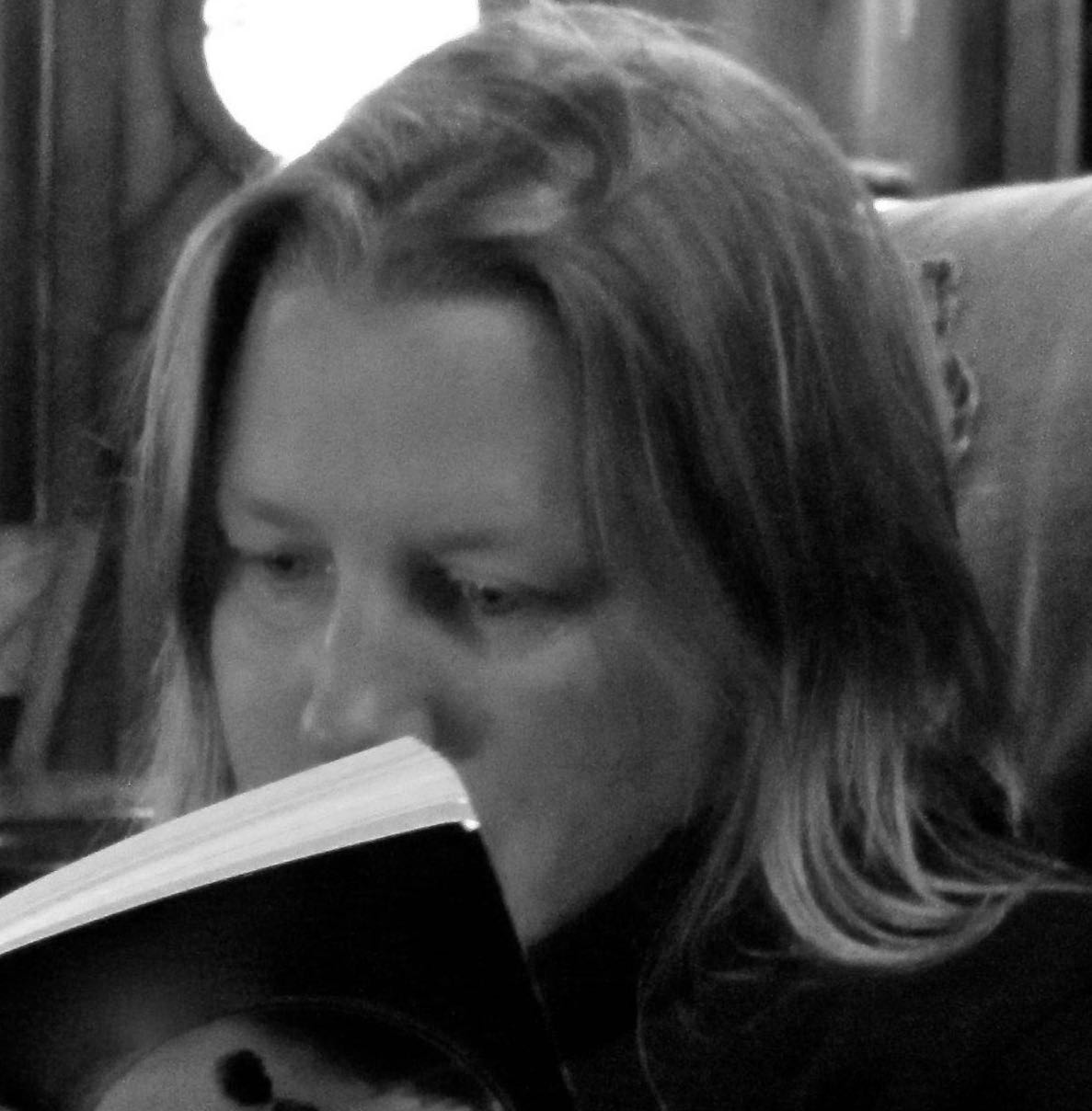Principle Investigator
Council of Coaches
Personalised coaching for well-being and care of people as they age. The Council of Coaches (COUCH) introduces a new virtual coaching concept based on multiple autonomous, embodied virtual coaches, which form together a personal council that fulfills the needs of older adults in an integrated way. Each Coach has his own expertise, personality and style of coaching; they might not always agree with each other, but they all share a single goal: to support you across every aspect of well-being, including physical, social, cognitive and mental support.EU H2020 project 769553: €3.7m (across 7 sites). Lead: Harm op den Akker, Roessingh Research and Development, Netherlands. Partners: Hermie Hermens, University of Twente; Rasmus Øjvind Nielsen, The Danish Board of Technology Foundation; Catherine Pelachaud, Sorbonne Université Vicente Traver Salcedo, Universitat Politècnica de València; Sofoklis Kyriazakos, Innovation Sprint. (2017 - 2020)
Example-driven machine-human collaboration in mathematics
Our vision is to show that an autonomous machine can usefully contribute to mathematical discussion by proposing appropriate examples in an appropriate way at an appropriate time during online mathematics conversations (where "appropriate" is defined in the first stage of the project). We have two aims: (i) to develop such a system and (ii) to evaluate whether it is perceived as useful by other participants in the conversation. Achieving these aims will be a first step towards a new mixed-initiative mathematics in which multiple parties, both human and machine, collaborate in order to produce novel research mathematics.EP/P017320/1 First Grant: £124,934 (May, 2017 - May, 2019).
COINVENT: Concept Invention Theory
The capacity of combinatorial creativity -- ie when novel ideas are produced through unfamiliar combinations of familiar ideas -- is difficult to recreate computationally. In particular, it is a hard task for autonomous computational systems to tackle the combinatorial explosion of potential combinations, and to be capable of recognising the value of newly created ideas (concepts, theories, solutions, etc), particularly when they are not specifically sought - this is the problem of creative serendipitous behaviour. In this project, we developed a computationally feasible, cognitively-inspired formal model of concept invention, drawing on Fauconnier and Turner's theory of conceptual blending, and grounding it on a sound mathematical theory of concepts.EU STREP project 611553: €2.1m (across 7 sites). Lead: Marco Schorlemmer, CSIC, Spain. Partners: Alan Smaill, University of Edinburgh; Kai-Uwe Kühnberger, University of Osnabrück; Oliver Kutz, University of Bremen; Emilios Cambouropoulos, Aristotle University of Thessaloniki; Simon Colton, Goldsmiths, University of London. (2013 - 2016)
Affiliated Researcher
Beyond Inference
How can we give human mathematicians the benefits of computer proof, while shielding them from its complexity? In collaboration with IMKT, the University of Waterloo (Stephen Watt) and the University of Pittsburgh (Tom Hales), we look at the variety of ways which mathematical statements are used, in particular in contexts other than proof, focussing on Tom Hales’s development of "formalised abstracts" as a bridge between formal and informal mathematics.EP/R03169X/1. Lead: Ursula Martin, University of Edinburgh. (2018 - 2021)
The Integration and Interaction of Multiple Mathematical Reasoning Processes
This project provides essential infrastructure and enables exploratory activities that support a portfolio of projects which focus on the automation of mathematical reasoning processes, including their analysis, development and interaction. We can be broadly classified by our holistic perspective on automated reasoning. Central to this theme is the interplay between representation and reasoning. That is, discovering the right representation can often dramatically simplify the reasoning required in solving a problem, and conversely, meta-level reasoning, and in particular proof-failure analysis, can often provide guidance in evolving the right representations.EP/N014758/1. Lead: Andrew Ireland, Heriot-Watt University. (2015 - 2019)
Post-doctoral Projects
The Social Machine of Mathematics
I worked with Ursula Martin to investigate current mathematical practice; in particular, ways in which mathematicians are using web 2.0 technology. New technology is extending the power and limits of individual mathematicians: crowdsourcing pulls together diverse experts to solve problems; symbolic computation tackles huge routine calculations; and computers check proofs too long and complicated for humans to comprehend. Mathematical practice is an emerging interdisciplinary field which draws on philosophy and social science to understand how mathematics is produced. Online mathematical activity provides a novel and rich source of data for empirical investigation of mathematical practice. We exploit this source to explore soft aspects of mathematical discovery, such as creativity, informal argument, error and analogy.EP/K040251/2. Lead: Ursula Martin, University of Oxford. (2014 - 2018)
Computational Creativity Theory
I worked with Simon Colton and John Charnley to develop a rigorous, computationally detailed and plausible account of how creation by software could occur. We use examples and theories of human creativity, particularly in the visual arts and in mathematics, to inspire our development of formalisms to describe and extend the notion of creativity in software.EP/J004049/1. Lead: Simon Colton (EPSRC Leadership Fellow) (2011 - 2013)
A cognitive model of axiom formulation and reformulation with application to AI and software engineering
Mathematical and scientific theories rest on foundations which are assumed in order to create a paradigm within which to work. These foundations sometimes shift. We investigated where foundations come from, how they change, and how AI researchers can use these ideas to create more flexible systems. From April 2008 to May 2011 I worked with Alan Smaill, Andy Clark, Simon Colton, Andrew Ireland, Markus Guhe, Maria Teresa Llano Rodriguez and Ramin Ramezani on this project. We developed computational and theoretical models of conceptual blending, analogical reasoning, and metaphors in mathematics, and investigated how theories of informal reasoning can be applied to mathematical reasoning.EP/F035594/1. Lead: Alan Smaill (2008 - 2011).
